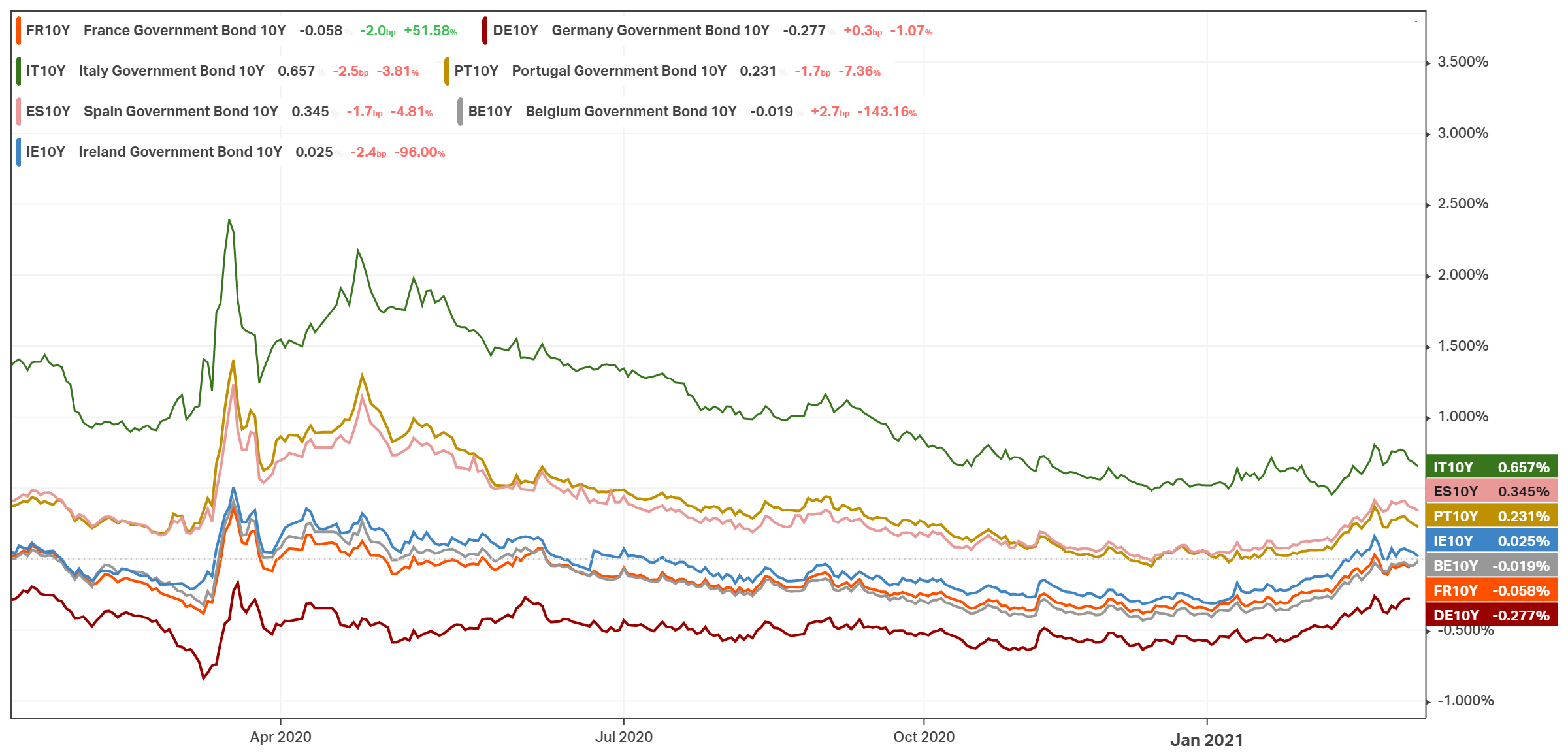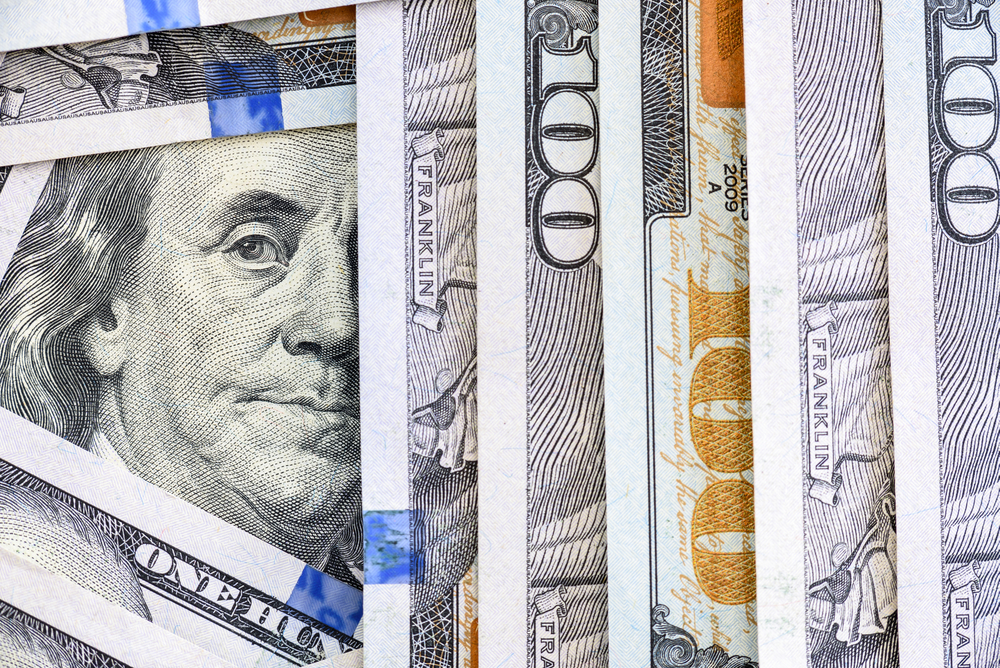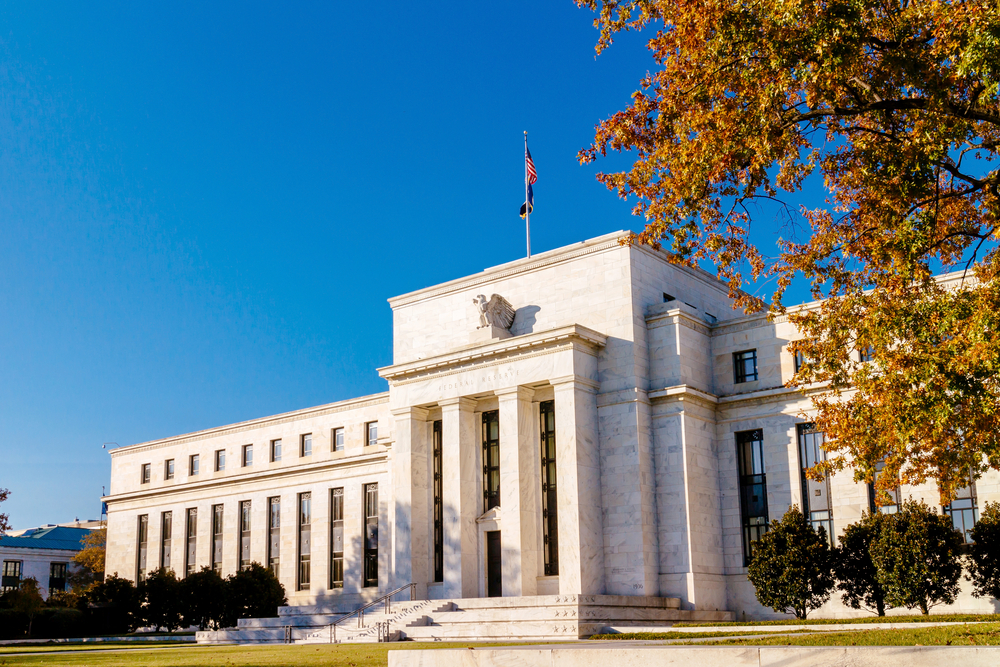European Central Bank May Calm Markets
Increased volatility in asset pricing due to the volatility in the bond market since March has made the financial markets focused on the central banks directing the global monetary policy.
In the face of rising inflation expectations due to rising food, durable goods and energy prices in the United States, the world's largest economy, and the rise of 10-year US bond interest rates, which are considered indicators in the bond market, to a 1-year high, developed and developing country treasuries also failed to resist.
Bond interest rates in Germany and France, the leading economies of the Eurozone, in particular, are approaching 0 percent, while in key countries such as Italy, Spain and Portugal, interest rates have relatively reached the pre-pandemic levels. In addition, in the context of predictions that rising borrowing costs will pose a risk to public finances in an environment where Eurozone countries are struggling with the economic effects of coronavirus, the markets focused on March meeting of the European Central Bank (ECB).
At the ECB's meeting, the results of which will be announced at 14:45 (GMT+2), ECB is not expected to make any changes to its policy interest rate of 0 percent and the size of its 1.85-billion Pandemic Emergency Asset Purchase Program (PEPP). ECB President Christine Lagarde's signals to increase the monthly acquisition rate of 20 billion euros or check the yield curve to keep borrowing costs under control will be closely followed in the press conference.
In addition, Lagarde is expected to communicate how long the risks in the inflation outlook will remain and, in addition to the rigidity of the risks, to reduce volatility in asset prices due to the volatility in the bond market.





